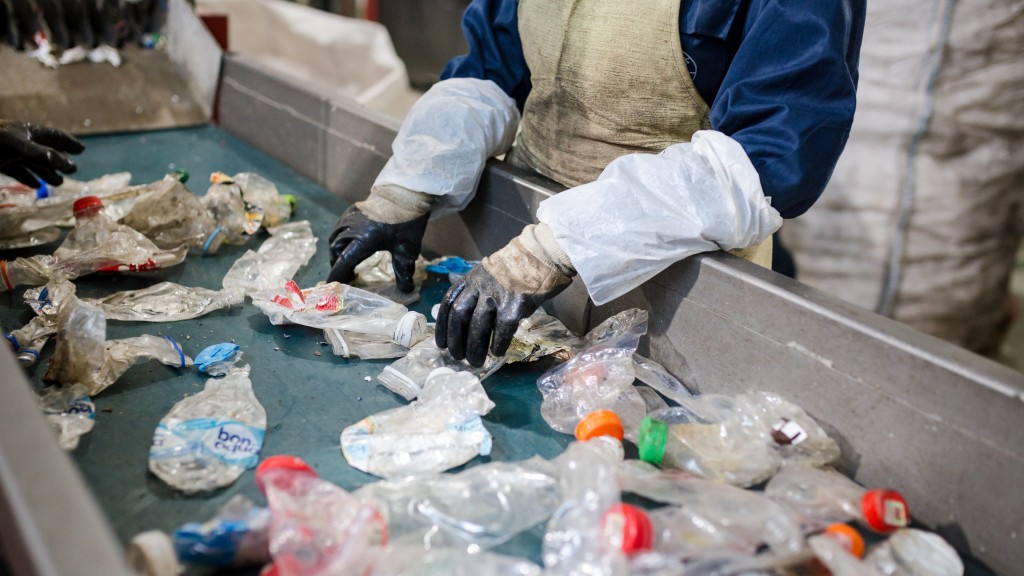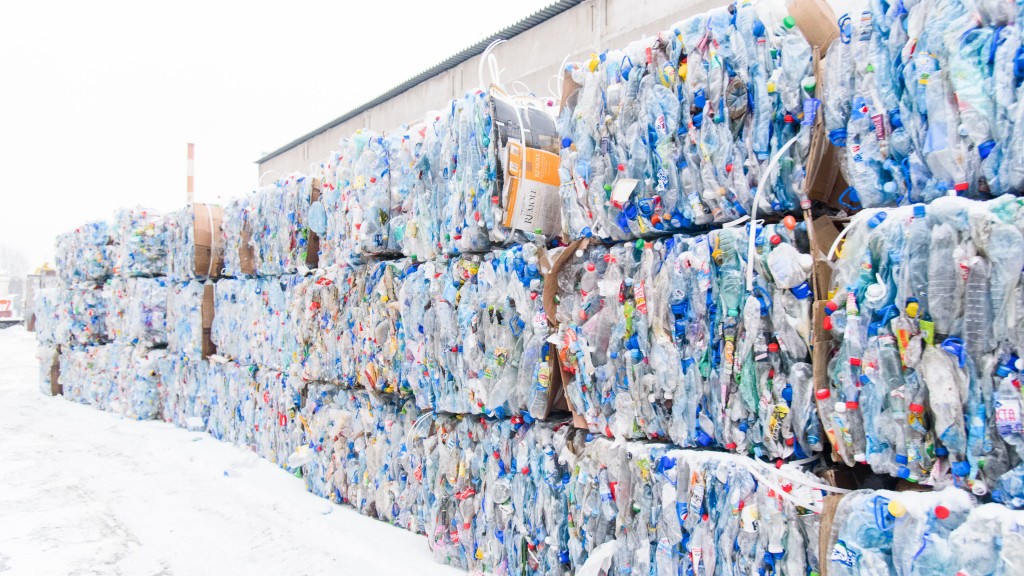Canadian environmental and health organizations call for an expanded single-use plastics ban

More than 60 environmental and health organizations and businesses across Canada are calling on the Canadian federal government to expand the single-use plastics ban to include six new categories:
- All takeout containers, cups, and lids;
- Bottles and caps;
- Sachets, pouches, and wrappers;
- Bags, film, and wrap;
- Filtered cigarettes; and
- Produce stickers.
This call for an expanded single-use plastic ban follows the ban announced in December 2022 by the Canadian Government that included checkout bags; cutlery; food service containers and wares made from, or containing, hard-to-recycle plastics; stir sticks; and straws. The current banned items are prohibited from being manufactured or imported into Canada.
The six new categories encompass a wide range of plastic products and packaging that dominate coastal beach cleanups, pose risks to wildlife and human health, and are problematic for waste management. On the heels of the first phase of the ban coming into effect last month, environmental and health organizations are sounding the alarm that current federal actions to reduce waste and pollution fail to meet the scope and urgency of the growing crisis.
"In every community, residents and businesses are grappling with the same problem: way too much unnecessary, wasteful, and harmful plastic," says Emily Alfred, waste campaigner for the Toronto Environmental Alliance. "We need national regulations to ban these harmful plastics and make the shift towards the solutions that are already out there: waste-free, non-toxic reusables."
The coalition is also calling for the elimination of various known problematic substances, including PVC, polystyrene (styrofoam), PFAS, bisphenols, and phthalates used in a wide range of plastic products and packaging. This call to action, championed by environmental groups, was sent in an open letter to ministers Steven Guilbeault and Jean-Yves Duclos.
Various jurisdictions are taking action on a number of the items and substances highlighted. The federal, provincial, and territorial governments have identified many of the items in the proposed six categories as problematic because they regularly end up in the environment, are harmful to habitats and species, and/or cause significant challenges in end-of-life management.
In order to avoid false solutions like chemical recycling and incineration, groups are also calling for truly zero-waste, reuse-centred systems to support the phase-out of the categories as mentioned above.
"Unnecessary single-use plastics drive the pollution crisis that is choking our rivers, lakes, and oceans; harming wildlife; and threatening our health," says Karen Wirsig, senior plastics program manager for Environmental Defence. "Voluntary corporate commitments are not working to reduce plastic pollution. Bans are an effective way of eliminating the most hazardous items and forcing improvements to packaging, including convenient return and refill."
"The federal government knows that the list of problematic plastics goes far beyond the current six items," adds Sarah King, head of oceans and plastics campaigns for Greenpeace Canada. "Every day, plastic production and pollution threaten the health of people, the climate, and ecosystems – in Canada and globally. A shift to a truly zero-waste, circular economy is possible, but not with a ban only covering three percent of Canada's plastic waste. Dozens of groups agree it's time to expand the ban."



